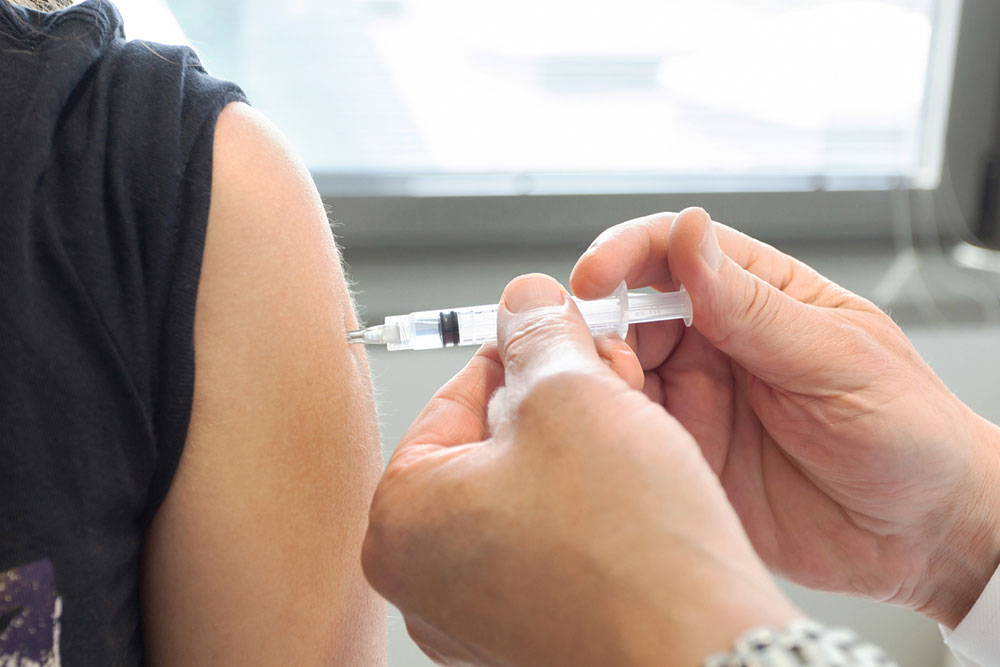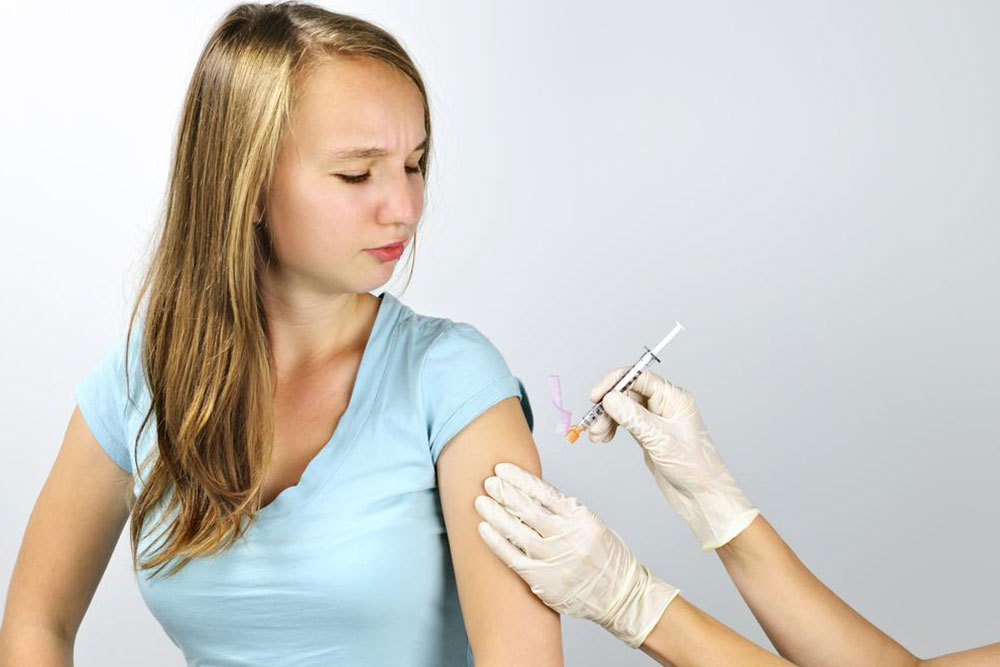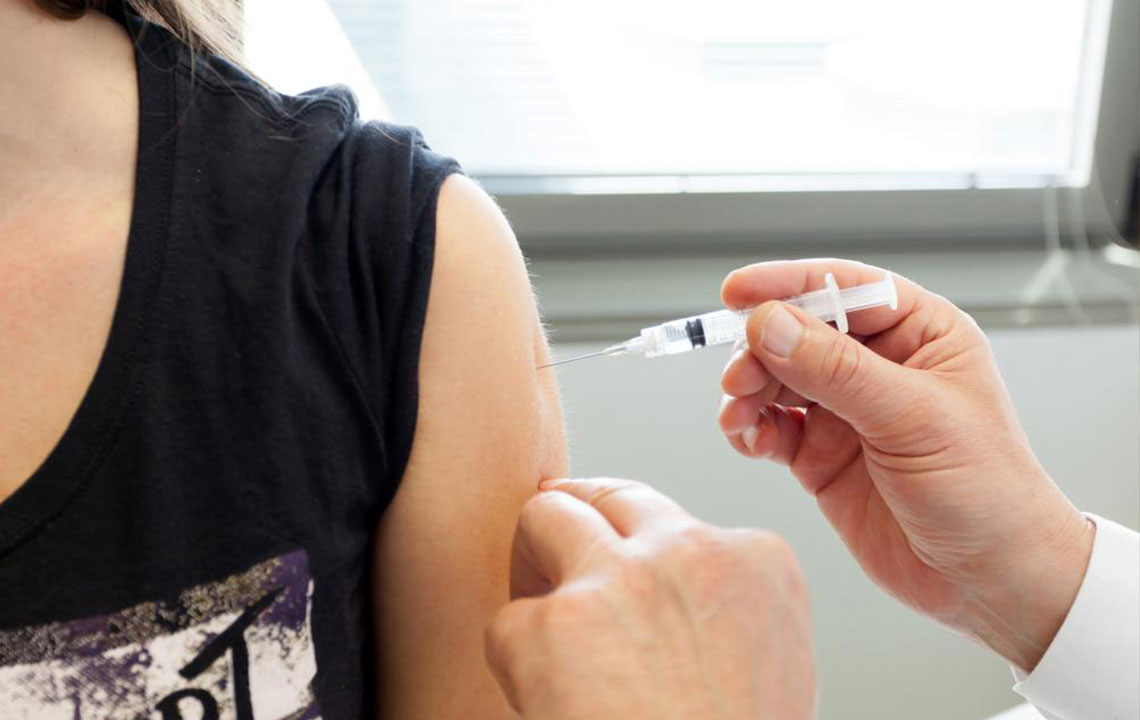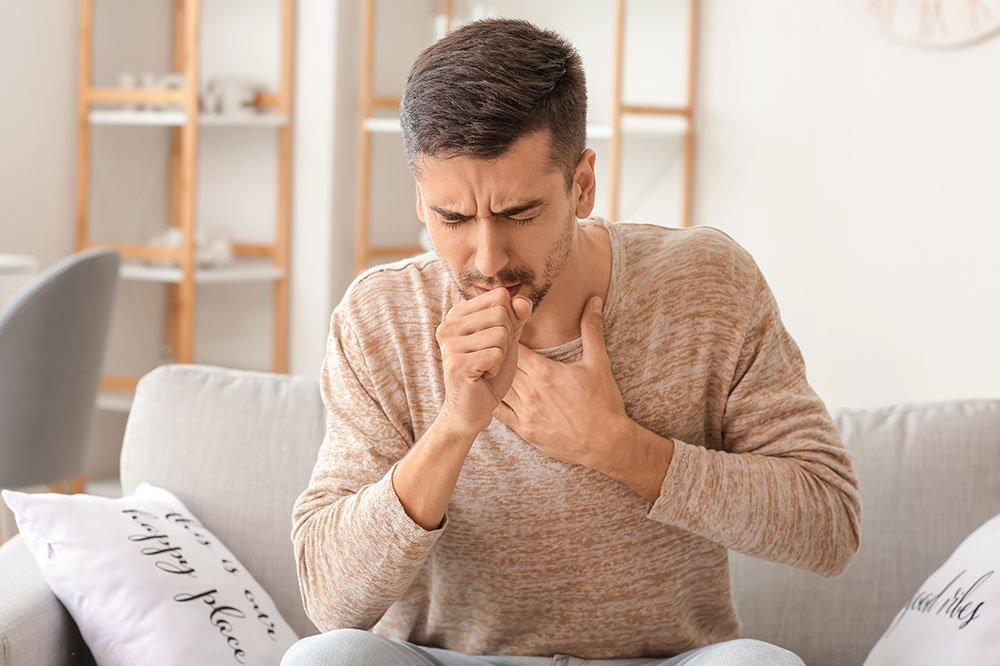Comprehensive Overview of Meningitis Vaccination
This article provides a comprehensive overview of meningitis vaccines, highlighting their importance, available types, and target groups. Vaccinations are crucial for preventing serious infections, especially in high-risk populations like teens, travelers, and healthcare workers. Understanding the vaccination schedule and recommendations can greatly reduce the incidence of meningococcal disease and protect public health. Consult your doctor to determine if vaccination is suitable for you and stay protected against this potentially deadly illness.

Comprehensive Overview of Meningitis Vaccination
Vaccination plays a crucial role in safeguarding against serious diseases. Immunizations during childhood and adulthood have significantly reduced mortality from dangerous illnesses. Meningococcal disease was once a major threat, but now, with the availability of meningitis vaccines, it can be effectively prevented.
Although rare, meningococcal infections can cause severe health issues, especially in teenagers and young adults. The infection spreads swiftly, affecting the membranes of the brain and spinal cord. In extreme cases, it can reach the entire central nervous system within hours. Therefore, getting vaccinated against meningitis is essential for protection.
Vaccines are the most effective method to defend against this rapidly spreading illness.
All You Need to Know About Meningitis Vaccines
Meningococcal infection is not spread as easily as the flu or cold, but it transmits through infected respiratory and throat secretions. Close contact, such as coughing, sneezing, or kissing, can facilitate transmission. Currently, three vaccines are available locally, none of which contain live bacteria.
These vaccines contain antigens that stimulate the immune system to produce antibodies, which fight the bacteria if infection occurs. This immune response helps prevent the development of meningococcal disease.
The available meningococcal vaccines include:
Meningococcal polysaccharide vaccine (MPSV4)
Meningococcal conjugate vaccine (MCV4)
Serogroup B meningococcal vaccine (MenB)
The first two protect against four major strains, accounting for about 70% of cases in the country. The MenB vaccine specifically prevents the B strain. MCV4 is recommended for individuals aged 55 and under, with teenagers receiving two doses at ages 11 and 16. The vaccine is administered intramuscularly, while MPSV4 is given subcutaneously if MCV4 isn't available.
MPSV4 is approved for those over 55. The MenB vaccine is advised for ages 10-24 but can be given beyond that age range. Individuals with allergies to vaccine components should avoid vaccination. Pregnant or breastfeeding women should consult a healthcare provider before vaccination. It's important to be in good health before receiving the shot.
Why Is Vaccination Important?
Preventing Infection: Vaccines are primarily aimed at preventing meningococcal disease, especially in teens and young adults who face higher risks.
Outbreak Prevention: During local outbreaks, vaccination is critical to prevent the spread, especially since the bacteria spread via respiratory droplets.
Who Should Get Vaccinated?
Healthcare Workers: Doctors and nurses in close contact with patients should get vaccinated to protect themselves.
Travelers and Expats: People traveling to countries with high incidence rates should ensure vaccination.
Frequent Travelers: Those who often travel are at increased risk and should consider vaccination.
Military Personnel: Soldiers working in demanding environments should be vaccinated as a precaution.
Individuals with Compromised Spleen or Immunity: Such groups are more vulnerable and should prioritize vaccination to reduce risk.
As awareness increases, cases of meningococcal disease are declining. However, vaccination remains a key protective measure, and individuals should seek advice from healthcare providers before vaccination to ensure safety.









